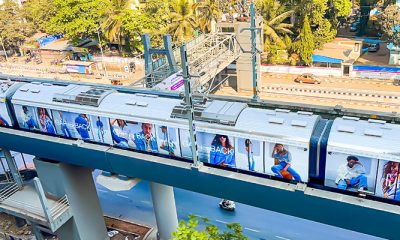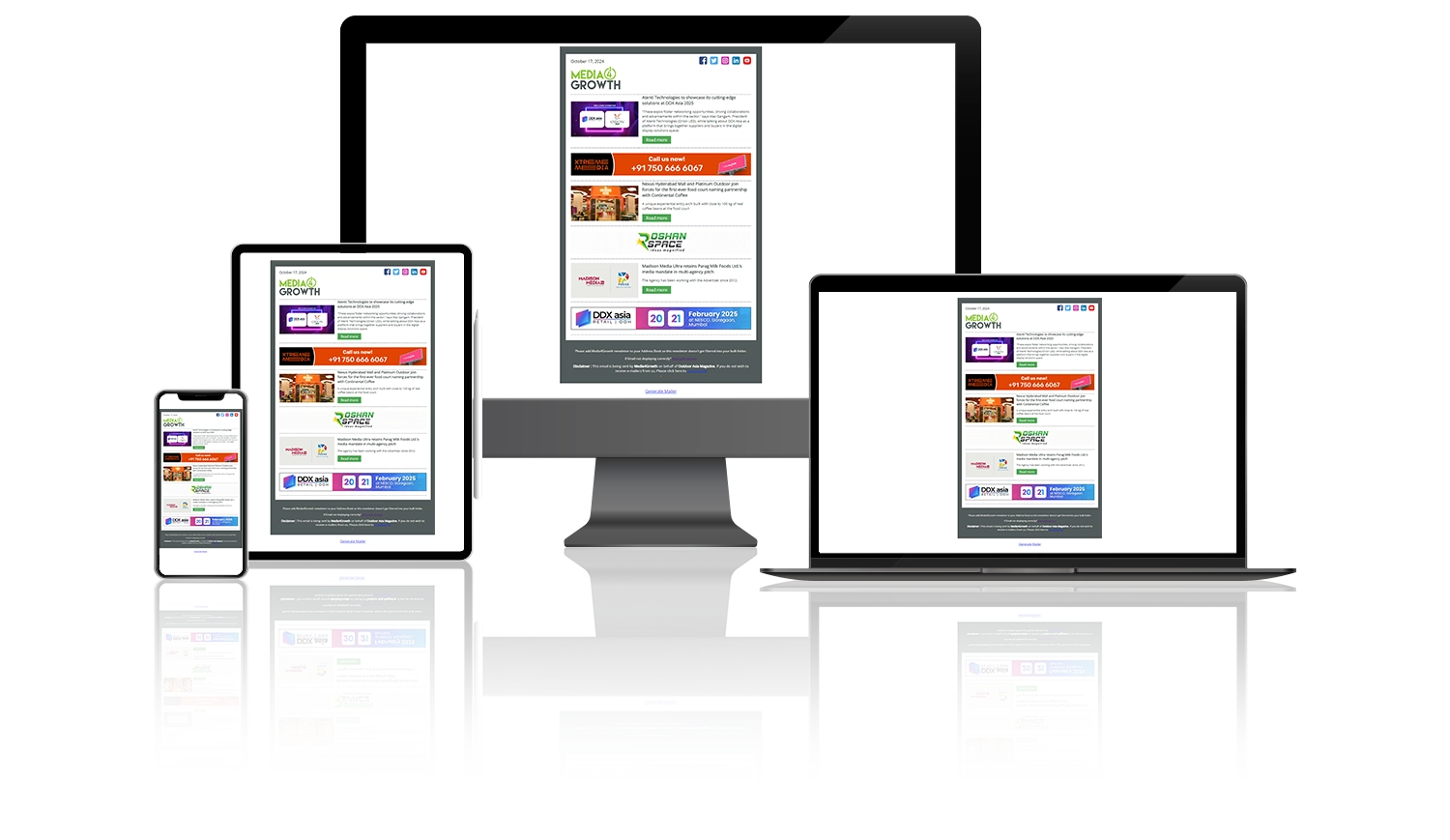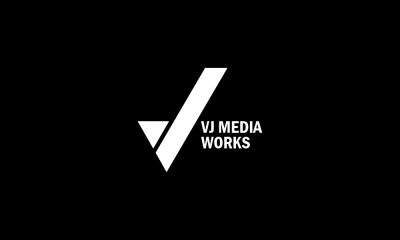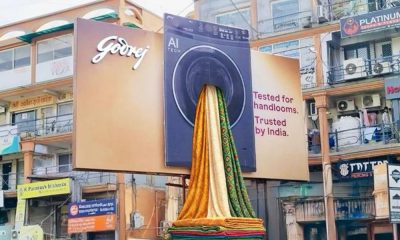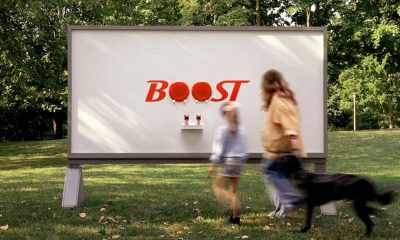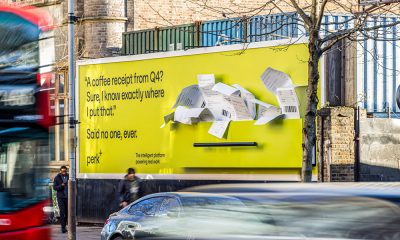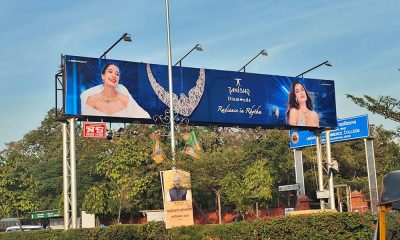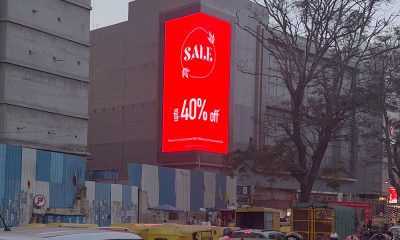Industry News
Metro rail media – Miles to go
Metro rail networks make a neat cut for advertising
Indian Railways, the fourth largest railway system in the world, has a total route length of over 60,000km and carried over 8 billion people a year until 2020. The Metro rail networks in contrast have 830km of operational routes and carries as many as over 2.5 billion people a year. In addition, the Metro rail networks are on an expansion spree. Some 475km of Metro rail lines are under construction, and over 1,000km of new Metro rail routes have been proposed for approval of the Government.
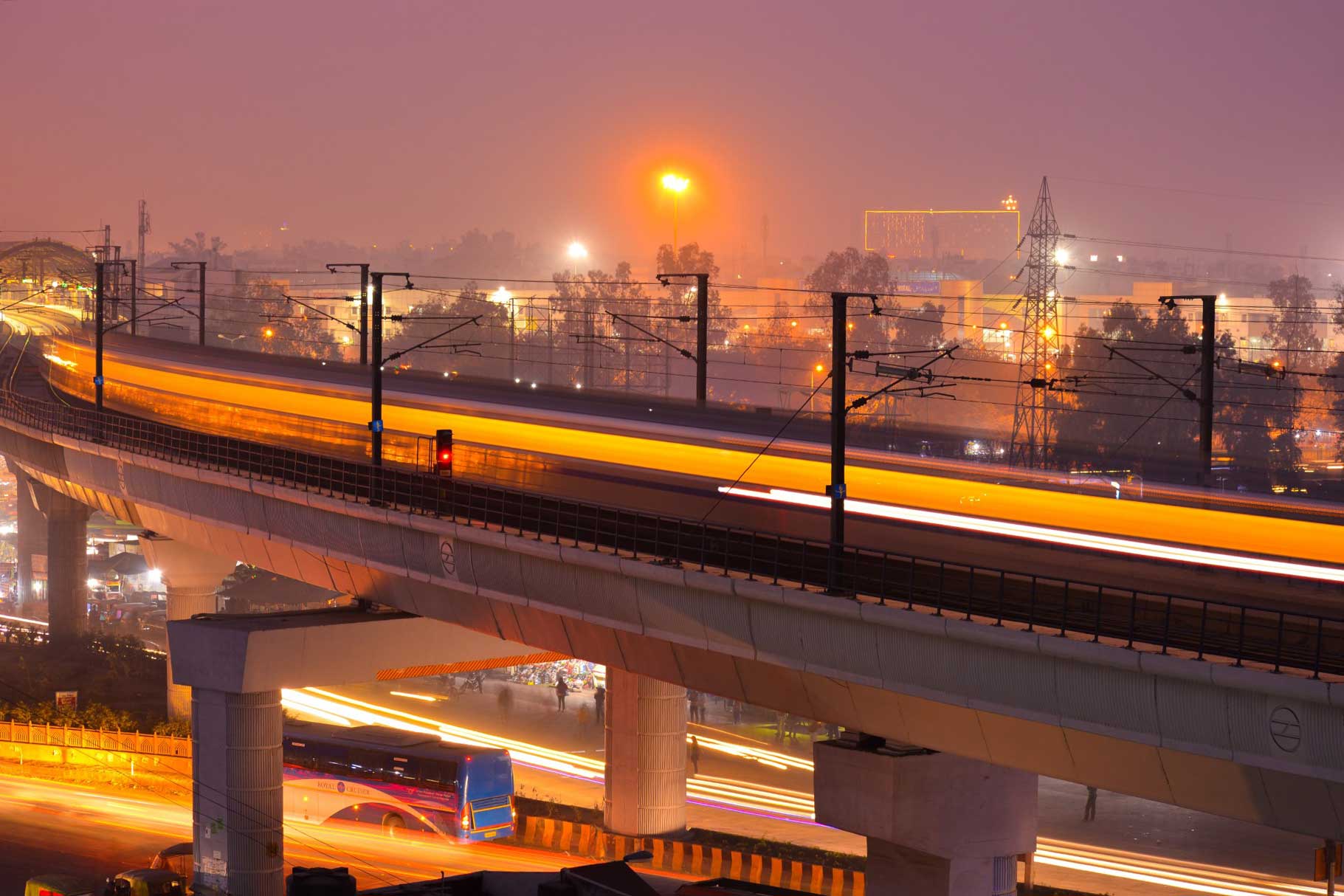
Figure 1 provides a detailed account of the operational route length under each Metro network, as also the routes under construction.
Fig 1: Operational Metro rail routes
|
Metro network |
Operational route (in km) |
Under construction (in km) |
|
Delhi Metro |
349.00 |
66.98 |
|
Bangalore Metro |
68.60 |
102.86 |
|
Hyderabad Metro |
67.00 |
0 |
|
Chennai Metro |
54.10 |
102.93 |
|
Kolkata Metro |
47.85 |
47.72 |
|
Mumbai Metro |
46.50 |
133.90 |
|
Nagpur Metro |
38.22 |
0 |
|
Ahmedabad Metro |
37.90 |
29.65 |
|
Noida Metro |
29.70 |
0 |
|
Kochi Metro |
26.80 |
1.10 |
|
Lucknow Metro |
22.90 |
0 |
|
Gurgaon Rapid Metro |
12.10 |
0 |
|
Jaipur Metro |
11.98 |
0 |
|
Pune Metro |
10.35 |
58.23 |
|
Kanpur Metro |
8.73 |
22.58 |
Source: www.metrorailguy.com
While Delhi Metro stands tall in terms of operational route length, it is still expanding its network and is already figuring among the world’s top 10 largest Metro rail systems. With 8 lines and an airport line, Delhi Metro criss-crosses the capital city, and that has been a compelling reason for advertising brands to use this network for running their campaigns.
Bangalore’s Namma Metro is one of the fastest growing networks, already the second largest in the country, and has another 100km of routes under construction. Much of this network run overland and lends itself to advertising displays, apart from the station and in-train advertising opportunities, but owing to the long-standing outdoor media ban in the city, Namma Metro has had to forgo the much needed non-fare revenues from advertising. With Bangalore at the threshold of bringing back large format advertising, there is a likelihood of Namma Metro also zeroing down on leveraging the advertising revenue opportunity.
Apart from the 15 operational Metro rail networks, 7 more Metro rail networks are currently under construction, as given in Figure 2.
Fig 2: New Metro rail routes under construction
|
Metro network |
Under construction (in km) |
|
Surat |
41.93 |
|
Patna |
22.10 |
|
Meerut |
20.00 |
|
Indore Metro |
16.23 |
|
Agra Metro |
11.90 |
|
Navi Mumbai |
11.10 |
|
Bhopal Metro |
6.22 |
Source: www.metrorailguy.com
As the new route constructions are complete, the annual ridership will likely double from the 2.5 billion plus that has been recorded across all operational Metro rail networks, as seen in Figure 3.
Fig 3: Annual ridership across all operational Metro networks
|
Metro network |
Annual ridership (in mn) |
|
Delhi Metro |
1,790 (as at 2021) |
|
Bangalore Metro |
174.22 (as at 2019-20) |
|
Hyderabad Metro |
178 (as at 20220 |
|
Chennai Metro |
73 (estimated) |
|
Kolkata Metro |
256 (as at 2022) |
|
Mumbai Metro |
126 (estimated) |
|
Nagpur Metro |
40 (as at 2022) |
|
Ahmedabad Metro |
0.4 (as at 2022) |
|
Noida Metro |
5 (as at 2022) |
|
Kochi Metro |
17 (as at 2022) |
|
Lucknow Metro |
22 (as at 2017) |
|
Gurgaon Rapid Metro |
18 (as at 2022) |
|
Jaipur Metro |
22 (as at 2021) |
|
Pune Metro |
Data not available |
|
Kanpur Metro |
Data not available |
|
Total |
2.7 billion + |
Source: Wikipedia
The opportunity to make the Metro rail systems highly attractive to advertisers will also depend much on how the infrastructure itself is made advertising friendly.
In an interview with Outdoor Asia that was published in March this year, Col. Shubodoy Mukherjee had stated that “the possibilities in transit — and particularly in the Metro which are the newer lifelines of the growing metropolises of India — are endless. For instance, we still haven’t got to the idea of making the Metro station a destination. When we say destination, people go to Times Square to see the bright ideas that ooze out of the buildings there. A similar experience can be created in all the transit stations.”
Looking ahead, as the media at Metro rail networks become more digital, and as even connected TVs come into this zone, Metro rail media like it is many other major cities, will lend itself to programmatic buying.
-
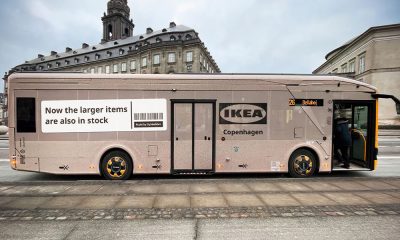
 Campaigns
CampaignsIKEA wraps Copenhagen in flat-pack OOH campaign
-
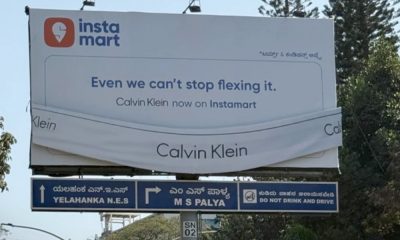
 Campaigns
CampaignsSwiggy Instamart’s bold OOH to announce the arrival of Calvin Klein
-

 DDX Asia
DDX AsiaFirstouch Solutions to showcase future-ready digital display ecosystem at DDX Asia 2026
-

 Insights
Insights‘Time to recognize OOH as the heavyweight champion of real-world impact’
